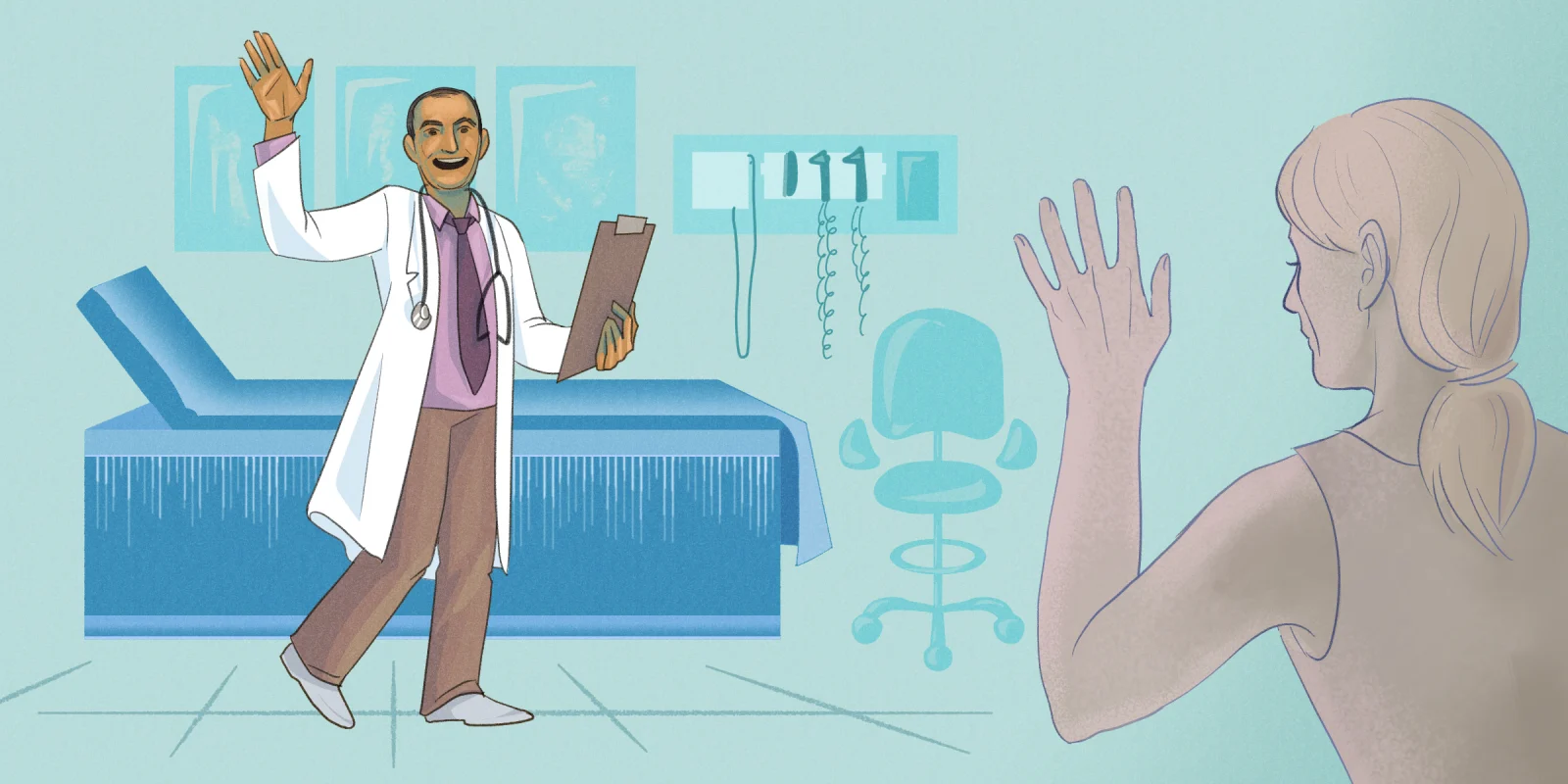Unless you’re from a very specific geographic region, the name New York probably conjures images of skyscrapers, subways, restaurants, and a city that never sleeps. Also traffic, walls of odd smells, and rats scurrying around piles of sidewalk garbage. All these pictures are accurate, but forget that New York isn’t just New York City, but a whole state, which features trees, beaches, and farms. For those of us who live here, we call this magical land “Upstate,” and it consists of a huge swath of land which contains towns, cities, and one of the first protected areas of wilderness in the U.S.
Where Upstate begins and ends is a matter of debate, and the area is also broad and diverse and broken up into subregions. Upstate NY is a mix of rural and urban. There’s gun violence, and tractor violence. We have tech-savvy sophisticated bros, and the Amish. One of the nicest things about living in a place like this is the diversity of practice. Medicine is medicine, but there are certainly cultural differences between a busy urban ER in Schenectady and a critical access hospital in Cobleskill only 40 miles away.
Emergency medicine in any location is a somewhat incestuous specialty. Doctors, nurses, APPs, and techs tend to stay put when they find a “home base,” but most of us have one or two side gigs near our full time job. As hospital-based generalists, we tend to know all the other clinicians in the building, and some of us know some people in other buildings. Since I’ve worked at almost all the local facilities during my career, I know everyone, everywhere.
That breadth of experience is helpful and harmful. Sometimes feigning ignorance of a situation is an appropriate strategy to get a patient to what they need, but if you know everyone everywhere, it doesn’t help. A well placed phone call to the right person can be very beneficial. If you’ve spoken with the tertiary care transfer center every day for 10 years, and they know you don’t send them silly stuff, those cases on the bubble become much easier to get through. Reputations are built and destroyed with these interactions, and so if your practice is spread over an entire region, it’s important to have a nice attitude.
Of course there are challenges. I’ve become very adept at discussing the “best-worst-option” of a private vehicle transfer when we can’t get an ambulance for days. Bed space at local hospitals and transfer centers continues to be a problem and staffing shortages lead to boarding and sub-optimal care. At some outlying facilities, tertiary care can be hours away, and trying to transfer into a larger hospital can be easy or difficult depending on the accepting doctor’s understanding of what constitutes “close.” At the borders of different catchment areas this gets even worse, where medical records are not shared between systems. “My doctor already did that” is difficult to confirm when systems aren’t interoperable.
But for those of us who work in these environments, these issues can be a double-edged sword. Scarcity and difficulty in recruitment leads to more opportunities for those of us who stay, and can lead to more availability in shifts. It’s difficult to attract doctors to a rural area, so there tends to be a surfeit of work. Occasionally a department will over-correct and hire too many new people, leading to a drought of shifts at a specific site, but the shifts always tend to come back. For this reason, it’s important not to put all your eggs into one basket, and maintaining credentials at multiple sites is imperative.
It helps to be able to lean on your nurses and support staff. Being able to document that a patient is “well known to the ED” is a benefit when in a small town with one hospital. With nurses who are familiar with your patients’ living situation, it can lead to better outcomes and plans. This could be as simple and easy as knowing how many stairs someone has in their house and being able to counsel them on when the pharmacies are open. It’s also nice to get a heads up on local EMS calls when your staff also runs with the local ambulance.
The patients also tend to have a grasp on what the local ED can do, and what it can’t. For every out of towner, or college student who assumes that there’s MRI at 2 a.m. on a Saturday, there’s a few local farmers who know you go to one hospital for a cut on your leg, and another to reattach your leg. It gives new meaning to the phrase, “self selection,” when a knowledgeable population interacts with a good local nursing staff. If the nurses say Jim is always here, you can take it easier and probably get away with less. If they say he hasn’t seen a doctor in 20 years and last week he was carrying 50 pound bags of seed, you might want to take his “weakness” more seriously.
Which brings the other complicating factor. Since the pandemic, staff has left, and in many cases the replacements are from “somewhere else.” Travel nursing was seen as a band-aid, but is now a fact of life. Skills are usually excellent and care amazing, but local knowledge is lost. So many little problems can be fixed with the right contacts and a back-office phone number, but when the doctor is from two hours away, and the travel nurses are from out of state, that local connection is harder to get.
But the food is good! Spiedies, utica greens, garbage plates, chicken riggies, tomato pie, and countless others. Everyone here has their favorites, and the most amazing thing is that everyone has their blind spots. The entire area can be covered by 4-5 hours of driving, and yet due to the provinciality of the residents, it seems that there is no universal favorite.
Medicine is medicine, and Utica medicine is the same as Albany medicine. The expressions might change, but we’re all in this together and sometimes taking a drive out into the country or into the city can help get a new perspective on how things work. Upstate NY may not be a city that never sleeps, but the people are nice and the scenery is beautiful. Come stay: we’ve got plenty of room, plus Stewart’s ice cream.
What are your thoughts on a hospital environment where you know everyone? Share in the comments.
Dr. Ryan Richman is an emergency medicine doc in upstate NY. Father of three, married to a pediatrician, and holder of several patents, he's an amateur baker and semi-professional Star Trek scholar. Also, anything with Matt Berry. If people still tweet (or X-plain?) he's @RWHRichman. Dr. Richman is a 2023–2024 Doximity Op-Med Fellow.
Illustration by April Brust







